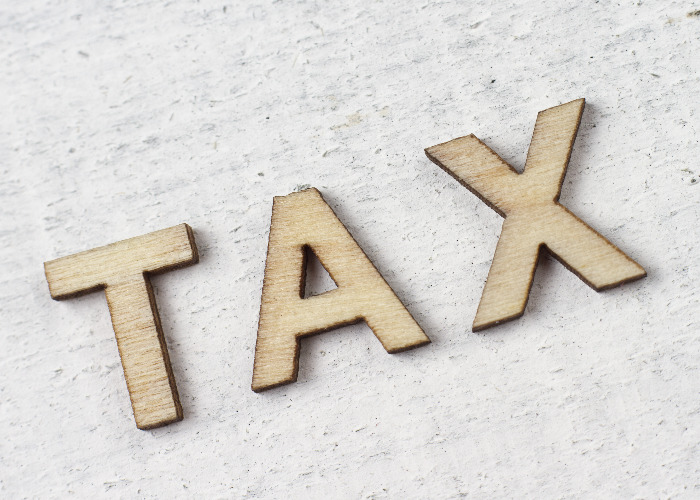Limited company versus sole trader: key tax differences

The way you set up your business after going self-employed can have a huge impact on your finances – and even your Christmas plans.
It’s the time of year that all HR departments dread: Christmas party season.
Across the land, businesses large and small are downing tools to share a meal, some drinks and who knows what else with their colleagues as a bit of festive fun and a reward for a hard year’s toil.
But I won’t be having a party this year. And that’s all down to the taxman.
Beat the taxman: 20 ways to pay less tax
Counting the cost of a Christmas party
When I decided to go self-employed, I had a choice: either register as a limited company or set up as a sole trader.
I opted for the latter, and while that decision has worked out so far, there is one area where I’m missing out. And that’s the Christmas party.
For limited companies, a Christmas party for their staff is classed as a tax-deductible business expense. In other words, you can spend up to £150 a head for your employees and lower your overall tax bill.
This applies to limited companies of all sizes, even ones where there is only one staff member, but it doesn't apply to sole traders.
So, had I registered as a limited company back in 2016, right now I could be planning for a lovely party for one with a £150 budget, knowing that it was actually saving me cash on my tax bill to boot.
OK, sitting on my own in Greggs with a party hat on might seem a little tragic to you, but it’s better than nothing right?
Sole trader vs limited company
If you are going self-employed then deciding how to set up your business is a big decision, and you need to take into account far more than simply whether you’ll have a Christmas party allowance from the taxman.
So let’s run through some of the key differences.
Liabilities
As a sole trader, essentially I AM the business – there isn’t a legal distinction. Essentially if the business runs up debts, they are mine. Similarly, if I run into legal issues, I will be sued as an individual.
Things are different if you start a limited company, as that is treated as a separate legal entity. While you will be the one making the decisions about the firm’s activities, its assets and debts are treated as separate from your own finances.
Tax and pay
As a sole trader, you pay both Class 2 and Class 4 National Insurance.
Class 2 contributions come to £2.95 a week, but you only pay if you finish with annual profits of £6,205 or more. Class 4 contributions work out as 9% on your profits between £8,424 and £46,350, with 2% charged on profits above that level.
You then pay income tax on the profits of the business.
However, with a limited company, you pay Corporation Tax on your profits. These are lower than income tax rates – it currently stands at just 19%.
When you take money out of the business, this may be taxed as a dividend.
There is currently a £2,000 annual dividend allowance. Above this the tax you pay depends on your income tax band: basic rate taxpayers pay 7.5%, higher rate taxpayers pay 32.5% and additional rate taxpayers pay 38.1%.
Alternatively, you can pay yourself a salary from the business. If you do this you’ll be taxed on your earnings via PAYE and you’ll also pay national insurance contributions.
Check you're on the right tax code
Tax returns and accounts
If you’re a sole trader, you only need to file a Self Assessment each year. This is when you settle your tax bill as well.
With a limited company, while you will need to file a Self Assessment as a company director, you’ll also need to file the business’s annual returns with Companies House, as well as a confirmation statement which basically sets out information such as the directors and shareholders of the business, as well as its registered office.
Which is the best decision for me?
If you talk to accountants, they will generally point out that registering as a limited company will leave you better off if you are earning over £25,000 or so.
They can help you organise your finances in such a way that you pay as little tax as possible, for example by just paying you a salary equivalent to the personal allowance and then taking the rest as a dividend.
I know that from a purely financial perspective it’s a smart thing to do.
But I value the simple life that comes with being self-employed, besides the fact that phrases like ‘structuring your income in a tax-efficient way’ makes my skin crawl.
So, for now, any Christmas party will be coming strictly out of my pocket.
Comments
Be the first to comment
Do you want to comment on this article? You need to be signed in for this feature